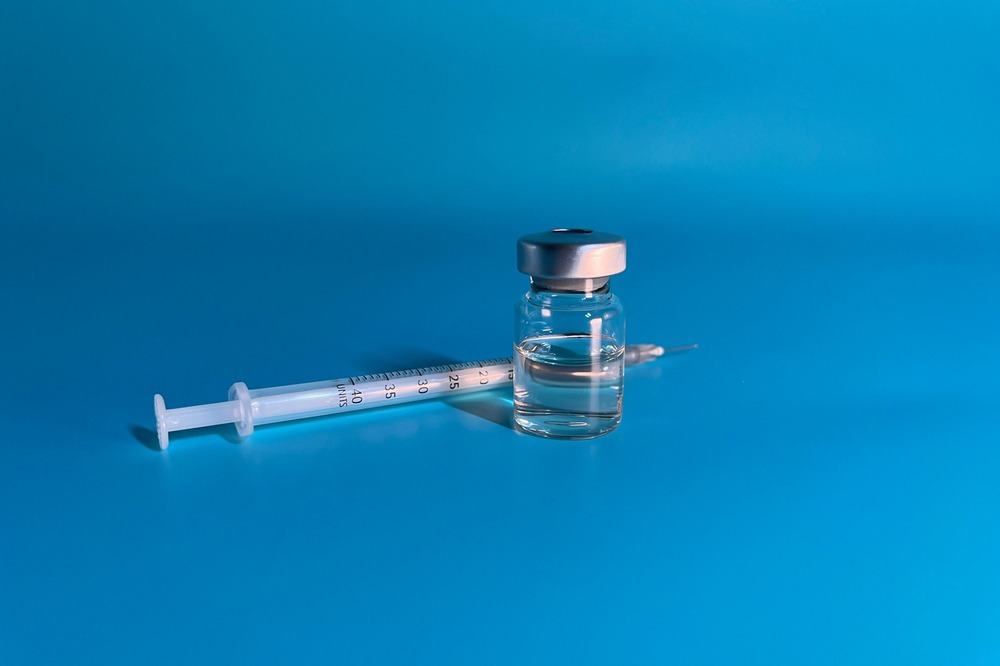Athletes should be extremely wary of experimental peptides, including the prohibited peptide MOTS-c, which can be found on many websites with the label “for research purposes only.” Keep reading to learn more about the health and anti-doping risks related to MOTS-c.
What is MOTS-c?
 MOTS-c is a 16 amino acid peptide that is coded by the mitochondrial genome. The mitochondria are the “power generators” in cells that convert chemical energy from food into a form that cells can use. Two other mitochondrial-derived peptides (MDPs) have also been discovered so far, humanin and SHLP1-6, but their possible involvement in human performance enhancement is unknown. According to new research, mitochondrial-derived peptides such as MOTS-c have a role in maintaining mitochondrial function and protecting cells under different stresses1. It has been shown that exercise causes MOTS-c levels to go up in humans. Furthermore, it has been shown in mice that MOTS-c treatment improves physical performance in mice of all ages and seems to regulate skeletal muscle metabolism and gene expression1.
MOTS-c is a 16 amino acid peptide that is coded by the mitochondrial genome. The mitochondria are the “power generators” in cells that convert chemical energy from food into a form that cells can use. Two other mitochondrial-derived peptides (MDPs) have also been discovered so far, humanin and SHLP1-6, but their possible involvement in human performance enhancement is unknown. According to new research, mitochondrial-derived peptides such as MOTS-c have a role in maintaining mitochondrial function and protecting cells under different stresses1. It has been shown that exercise causes MOTS-c levels to go up in humans. Furthermore, it has been shown in mice that MOTS-c treatment improves physical performance in mice of all ages and seems to regulate skeletal muscle metabolism and gene expression1.
Are there medical uses for MOTS-c?
No, MOTS-c is still an experimental peptide being explored for therapeutic purposes related to aging and obesity. It is not approved by the Food and Drug Administration (FDA) for use in humans. The FDA has also clarified that it is one among many peptides or drugs that are unlawful to use in making compounded medications2. This means that compounding pharmacies (special pharmacies that can custom mix medications) are not supposed to make medications with MOTS-c.
Is MOTs-c prohibited in sport?
Yes, MOTS-c is prohibited at all times under Section 4.4 Metabolic Modulators, 4.4.1. Activators of the AMP-activated protein kinase (AMPK) on the World Anti-Doping Agency Prohibited List.
Can athletes get a Therapeutic Use Exemption (TUE) for MOTS-c?
No, athletes cannot get a TUE for MOTS-c because there is no approved therapeutic use for this experimental drug.
Is MOTS-c used in dietary supplements?
No, MOTS-c is not a legitimate dietary ingredient and cannot legally be used in dietary supplements.
Is MOTS-c available online?
Yes, there are many websites that advertise MOTS-c as an injectable weight loss and body building peptide drug for “for research purposes only.” However, just because it’s available for sale online doesn’t mean it is safe or legal. Currently it is very difficult for the FDA to regulate online sales of products that are sold “for research purposes only.” In many cases there are no direct laws that prohibit or support such sales. Despite this, there are many purported users on various social media platforms that claim to buy MOTS-c from online sellers and use it for losing weight or building muscle. Athletes are strongly encouraged NOT to purchase or use any product that is sold with this disclaimer.
Is MOTS-c safe to use?
Currently it is unknown under what conditions (if any) it is safe to use MOTS-c because there are no completed clinical trials. However, among people who claim to purchase MOTS-c online, there are many reported side effects, including increased heart rate or heart palpitations, injection site irritation, insomnia, and fever. There is also no data available on what happens with long-term use of MOTS-c.
References
- Reynolds, J. C. et al. MOTS-c is an exercise-induced mitochondrial-encoded regulator of age-dependent physical decline and muscle homeostasis. Nat Commun 12, 470, doi:10.1038/s41467-020-20790-0 (2021).
- FDA Website. Safety Risks Associated with Certain Bulk Drug Substances Nominated for Use in Compounding, <https://www.fda.gov/drugs/human-drug-compounding/safety-risks-associated-certain-bulk-drug-substances-nominated-use-compounding> (2023).
Read more Spirit of Sport blog posts



